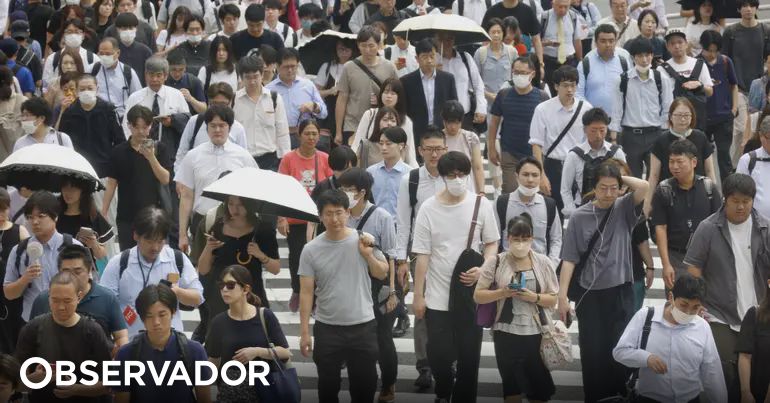
The Japanese central bank decided on Thursday to keep the base short-term interest rate at 0.25%, while it assesses the economic and market impact of Sunday’s general elections.
At the end of a monthly meeting, the Bank of Japan Monetary Policy Board (BoJ, its acronym in English) unanimously decided to leave its strategy intact after taking into account that “there continue to be great uncertainties regarding economic activity and the evolution of inflation in the country”.
The decision is in line with what was expected by most analystswhich did not foresee new increases in short-term rates in the fourth largest economy in the world, after the two increases that the BoJ applied in March and July.
The 0.1% increase implemented in March put an end to a negative rate policy that lasted for 17 years.
This was the first meeting of the Japanese central bank after Sunday’s general elections, in which the coalition led by the ruling Liberal Democratic Party lost its parliamentary majority, forcing Prime Minister Shigeru Ishiba to seek support from smaller groups in the opposition to form a government.
The uncertainty also translated into a sharp fall in the Japanese currencywhich this week depreciated beyond 153 yen against the dollar, the lowest level in three months.
The trend is attributed to the difference between the BoJ’s monetary strategy, whose interest rates remain well below other counterpart institutions such as the European Central Bank and the US Federal Reserve (Fed).
The Japanese central bank’s monetary policy board indicated that will maintain the monetary strategy as long as the country’s inflation and growth do not deviate from its projections.
The BoJ’s next rate hike is expected to occur in late 2024 or early 2025.
Prime Minister Shigeru Ishiba has sent a mixed message, saying that the BoJ “is the one who must achieve price stability”, although he has assured “close collaboration” with the central bank.
Japan’s consumer price index increased 2.4% year-on-year in September, marking 37 consecutive months of inflationwhose value has remained above the 2% inflation target set by the central bank for more than two years.
“The Japanese economy has recovered moderately, although some weakness can still be observed,” concluded the BoJ report, which highlighted that inflation could also experience some recovery.
Source: https://observador.pt/2024/10/31/banco-central-japones-mantem-taxas-de-juro-enquanto-analisa-impacto-das-eleicoes/

